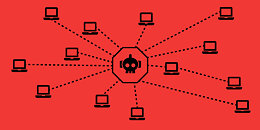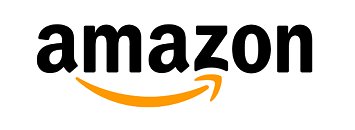
NVIDIA Introduces Generative AI Professional Certification
NVIDIA is offering a new professional certification in generative AI to enable developers to establish technical credibility in this important domain. Generative AI is revolutionizing industries worldwide, yet there's a critical skills gap and need to uplevel employees to more fully harness the technology. Available for the first time from NVIDIA, this new professional certification enables developers, career professionals, and others to validate and showcase their generative AI skills and expertise. Our new professional certification program introduces two associate-level generative AI certifications, focusing on proficiency in large language models and multimodal workflow skills.
"Generative AI has moved to center stage as governments, industries and organizations everywhere look to harness its transformative capabilities," NVIDIA founder and CEO Jensen Huang recently said. The certification will become available starting at GTC, where in-person attendees can also access recommended training to prepare for a certification exam. "Organizations in every industry need to increase their expertise in this transformative technology," said Greg Estes, VP of developer programs at NVIDIA. "Our goals are to assist in upskilling workforces, sharpen the skills of qualified professionals, and enable individuals to demonstrate their proficiency in order to gain a competitive advantage in the job market."
"Generative AI has moved to center stage as governments, industries and organizations everywhere look to harness its transformative capabilities," NVIDIA founder and CEO Jensen Huang recently said. The certification will become available starting at GTC, where in-person attendees can also access recommended training to prepare for a certification exam. "Organizations in every industry need to increase their expertise in this transformative technology," said Greg Estes, VP of developer programs at NVIDIA. "Our goals are to assist in upskilling workforces, sharpen the skills of qualified professionals, and enable individuals to demonstrate their proficiency in order to gain a competitive advantage in the job market."













